Small budget, big goals
The European Union (EU) budget is drawn up on a seven-year cycle (currently 2021-2027) and is adjusted annually in response to economic developments and other factors. However, annual adjustments are often technical and do not significantly change the overall structure. Unlike national budgets, the EU budget is not comprehensive, but is mainly designed to achieve a number of common strategic goals: agricultural policy (with large subsidies), maintaining the functioning of the common market, narrowing the development gap between regions, and implementing foreign policy.
The European Commission, led by President Ursula von der Leyen, has proposed a total budget for the period 2028-2034 of around €2 trillion, an increase of around 50% in nominal terms compared to the previous budget. On the face of it, this is a significant increase. However, adjusted for expected inflation over a seven-year cycle, the real increase is only around 25%.
As a proportion of gross national income (GNI), the budget size increased from only 1.13% to 1.26% of GNI. Even this increase could change if GNI is lower than forecast, a possibility that cannot be ruled out in the context of the European economy showing signs of slowing down.
In addition, from 2028, the EU will start repaying the loan to form the COVID-19 Recovery Fund, at a cost of around €25 billion per year. This expenditure, while not out of budget, significantly reduces the actual fiscal space to implement new policies.
Notably, the 2028-2034 budget represents a clear shift in EU policy priorities. The traditional spending on agriculture, which used to account for a large proportion, will be sharply cut, to around 300 billion euros. Instead, around 590 billion euros will be allocated to the “Competitiveness, Prosperity and Security Fund”, of which around 450 billion euros will focus on supporting European businesses in the fierce competition with global rivals. Another special budget of 100 billion euros will be allocated to support Ukraine, reflecting the EU’s increasingly prominent geopolitical role in the region.
Many argue that, despite its expansion in both nominal and functional terms, the EU budget remains a very low proportion of the bloc’s economic size. This raises the question: can an entity with such great political and strategic ambitions as the EU continue to operate effectively with such a “symbolic” budget? While expectations of the EU’s global role are increasing, its financial capacity is not really commensurate.
Farmers, Ukraine and the budget dispute
One of the biggest points of contention in the new EU budget proposal is the apparent shift in spending structure, notably the reduction of agricultural subsidies in favour of external support. This change has provoked a backlash from some member states.
Hungarian Prime Minister Viktor Orbán has not hesitated to accuse Brussels of “sacrificing European farmers for Ukraine”. His argument is based on the similarity in scale: the aid to Ukraine in the 2028-2034 budget is about 100 billion euros - higher than the cuts in the common agricultural policy, which amount to 90-100 billion euros in real terms (according to the plan, 300 billion euros will be allocated to support farmers, down from about 387 billion euros in the current seven-year budget).
In Germany - the EU's largest budget contributor - Chancellor Friedrich Merz has publicly expressed his dissatisfaction with the proposal to increase the bloc's overall budget. Mr. Merz said that expanding the budget while member states are trying to tighten public spending is "unacceptable". In a related move, Berlin has officially sent a position paper to Brussels, in which it affirmed the "red line": no budget expansion, no continued joint borrowing - the model that was applied to establish a post-COVID-19 recovery fund. According to the German government's point of view, any additional costs in the new budget will only be acceptable if accompanied by corresponding cuts in other categories.
The Netherlands, one of the countries with a conservative fiscal policy, is not left out. Dutch Finance Minister Eelko Heijnen stressed that the question is not “how to spend more”, but “how to spend more efficiently with the resources we have”. This view reflects the general trend in the European Parliament, where the draft budget has been criticized by representatives of almost all political groups, from conservatives to progressives.
Analysts say the negative reactions of member states are not only a manifestation of disagreements about priorities, but also a consequence of the fiscal pressure that is weighing on many economies. For example, Germany is preparing to increase defense spending by hundreds of billions of euros, a plan that can only be implemented through increasing public debt. France is still facing a structural budget deficit that shows no signs of improvement. Even financially stable countries like Finland are starting to face difficulties. The media of Nordic countries have recently warned repeatedly about the possibility of future debt repayment.
All of this has caused financial markets to react sharply. Bond yields in many EU countries are rising to multi-year highs, despite the European Central Bank (ECB) starting to ease monetary policy. In other words, borrowing costs are rising at a time when many governments need to borrow more, creating a budget dilemma.
In this context, analysts say that passing an ambitious budget like that proposed by President Ursula von der Leyen would be extremely difficult politically. It is likely that negotiations will result in a reduction in the size of the budget and a readjustment of the spending allocation structure, making the final budget “leaner” so as not to offend any country. If this happens, Ursula von der Leyen’s larger agenda of a more cohesive EU and fiscal federalization would be severely disrupted, if not destroyed.
Hung Anh (Contributor)
Source: https://baothanhhoa.vn/ngan-sach-lien-minh-chau-au-de-xuat-moi-va-nhung-gioi-han-thuc-te-255826.htm


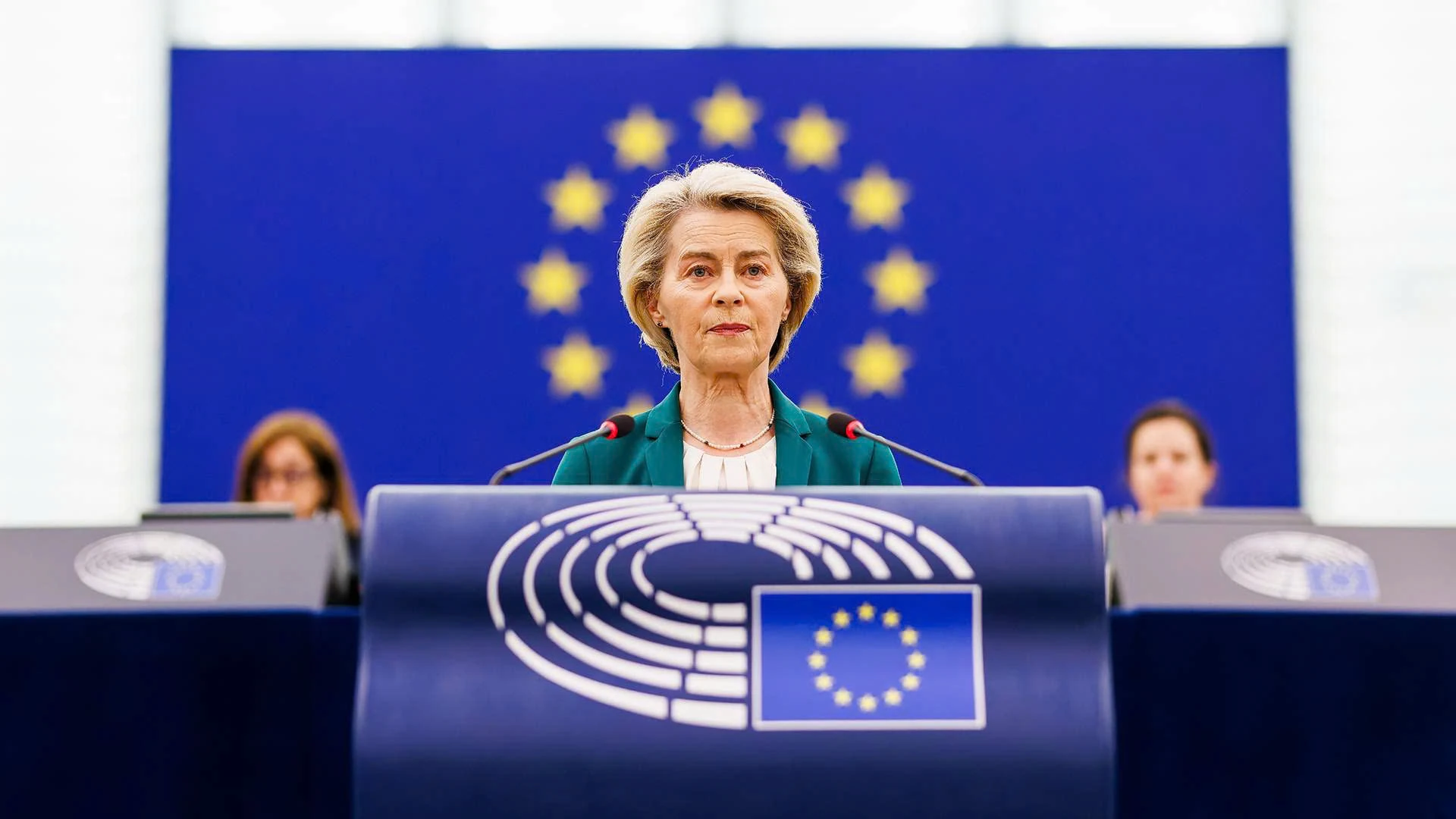
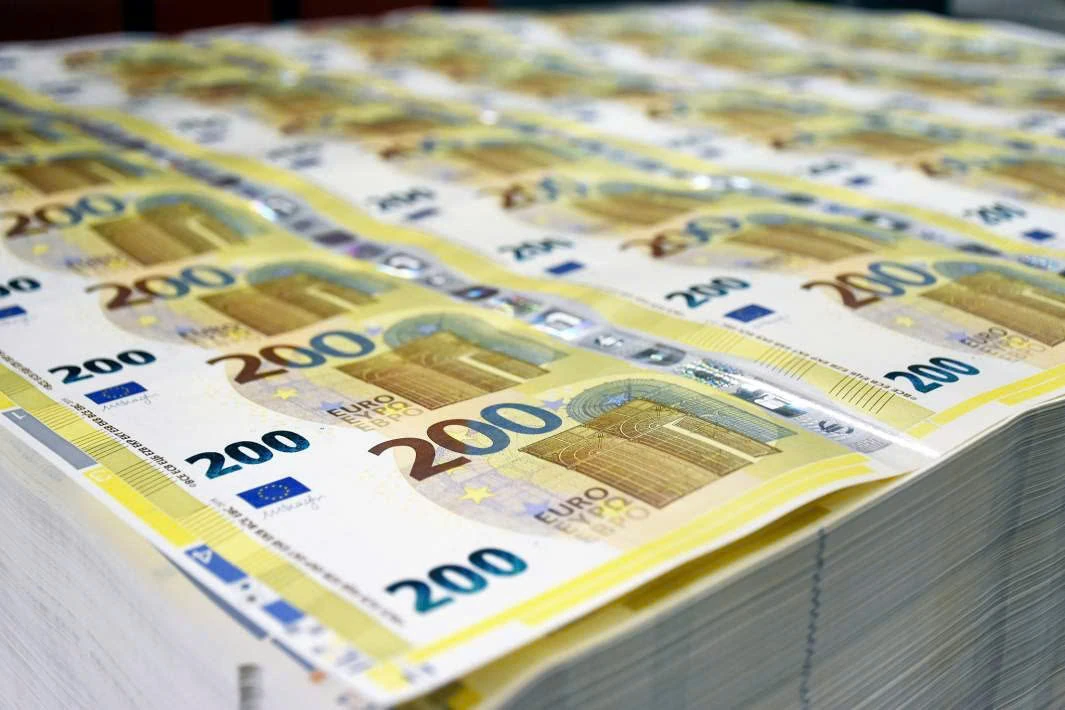




















![[Infographic] Vietnam-Senegal traditional friendship](https://vphoto.vietnam.vn/thumb/1200x675/vietnam/resource/IMAGE/2025/7/23/4c96a604979345adb452af1d439d457b)
















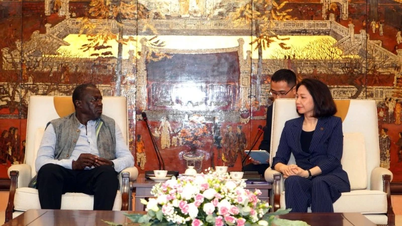




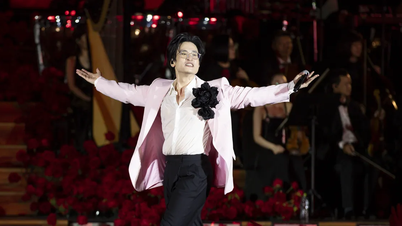





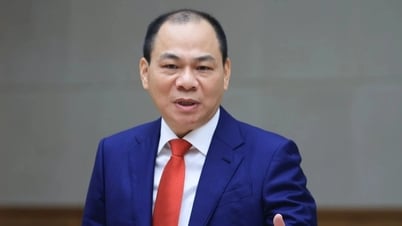

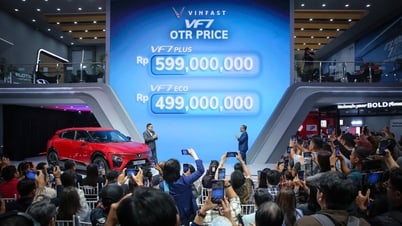















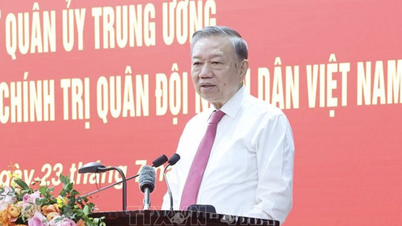









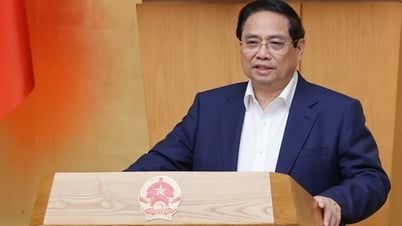
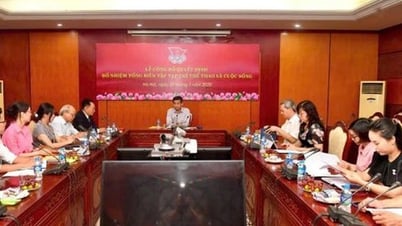






















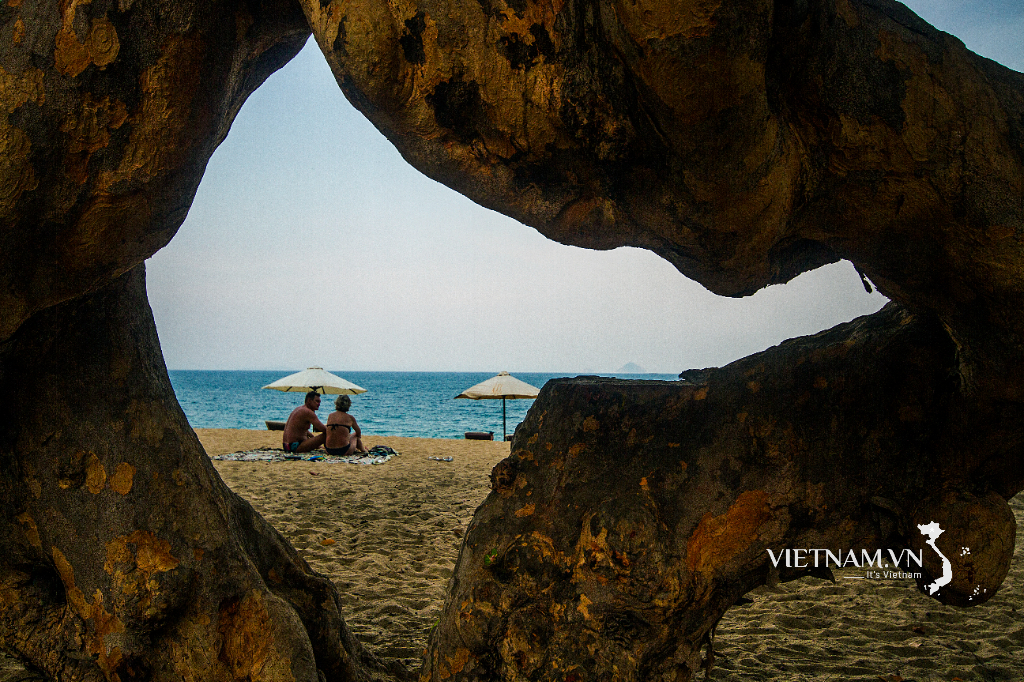


Comment (0)